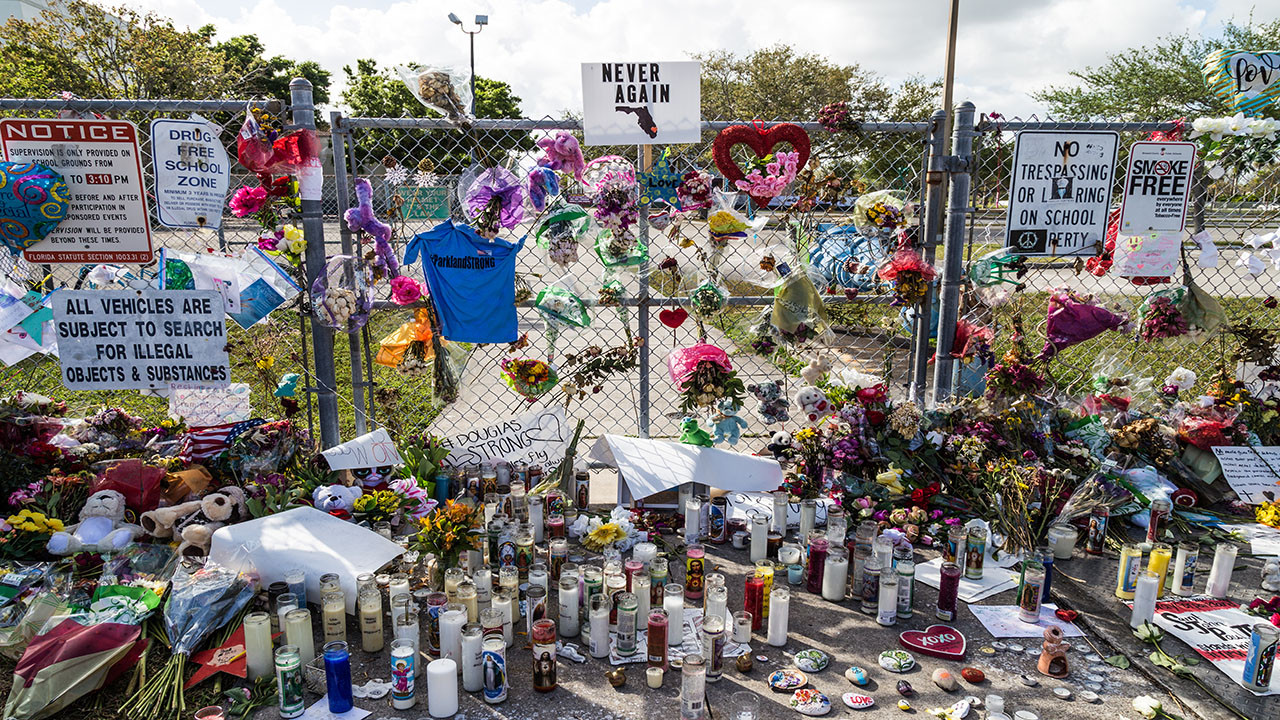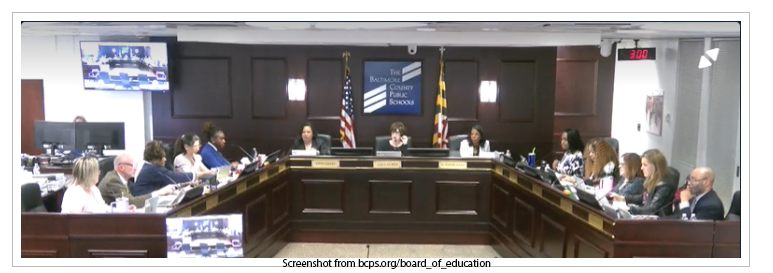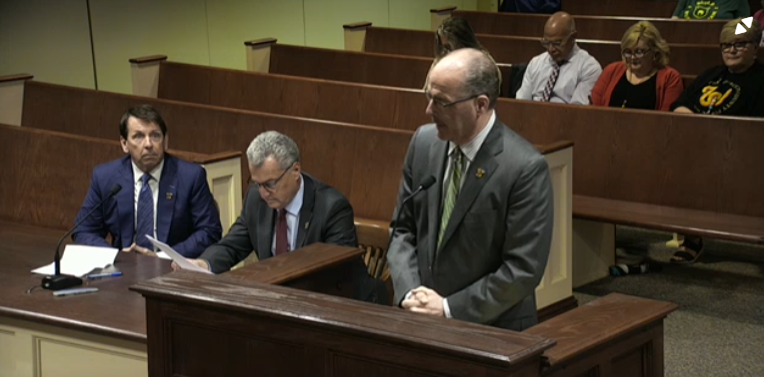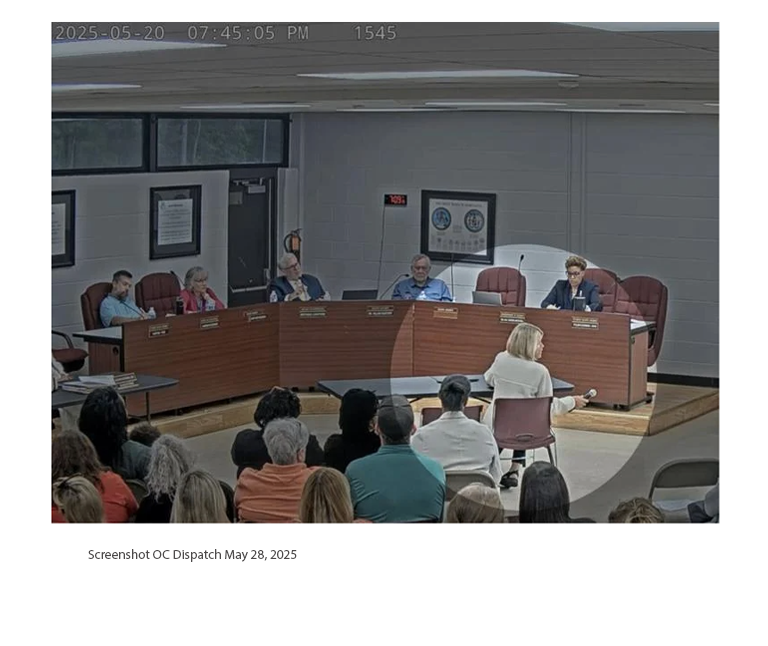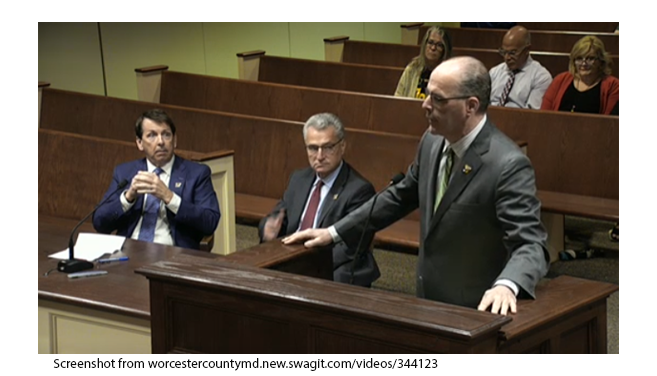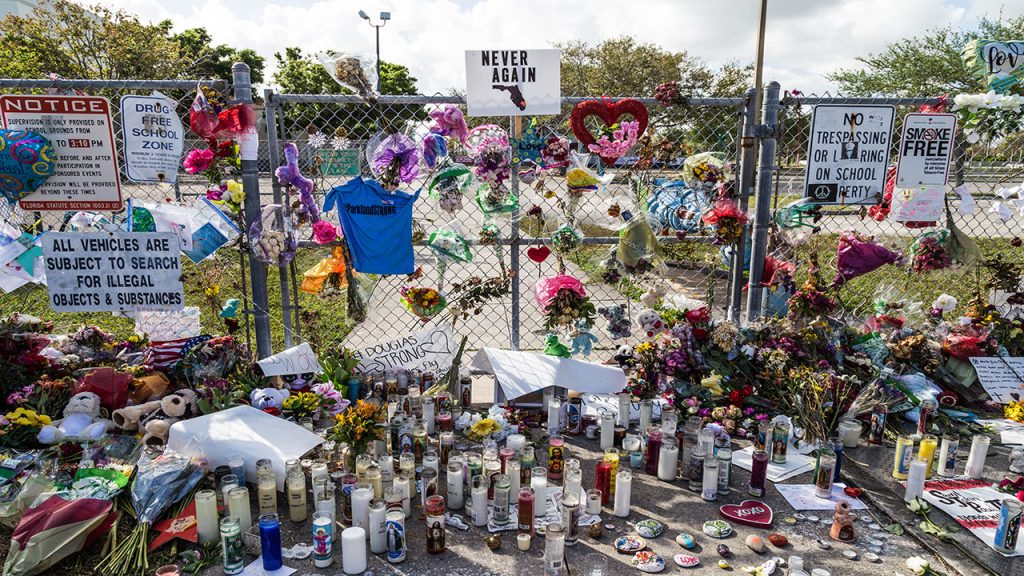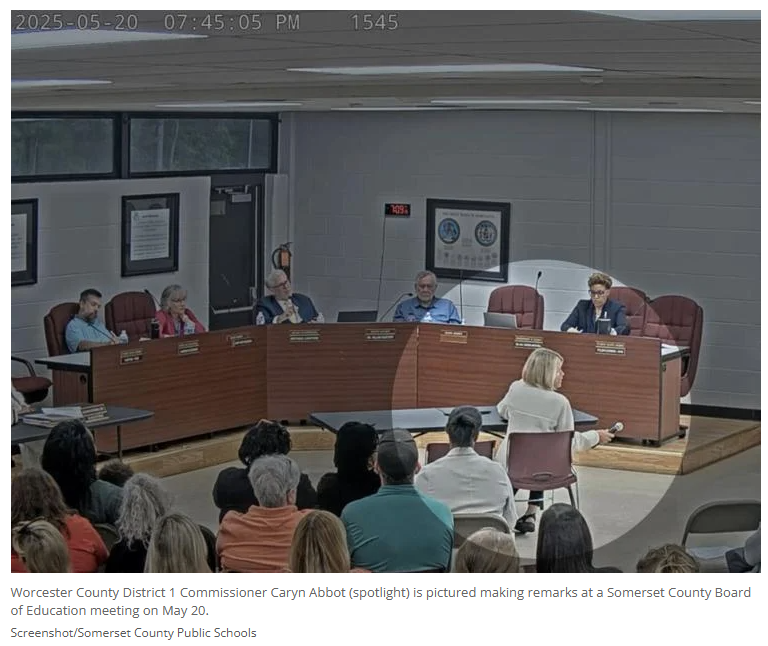
Certain Topics Spark Parent Pushback. I’ve Decided to Teach Them Anyway (Opinion)
Every June, Pride Month is an opportunity for educators to highlight LGBTQ resources that many students will be able to recognize themselves in. In the final week of school for many districts, June 19th is an occasion to commemorate Juneteenth by celebrating the emancipation of enslaved African Americans. In preparing my final lessons of the school year, I found myself wondering how to cover these topics without being targeted by a Facebook frenzy and a vigilante campaign. Will other educators throughout the country be covering these important topics? What obligation do I have to my students to cover the hard stuff?
My colleagues and I often feel hesitant to teach anything that could be interpreted as controversial. Our job is difficult enough without scrutiny and criticism from parents and community members.
To some of my community members, I’m not doing enough. According to some parents, it is a teacher’s obligation to teach topics about gender and race. They believe educators may be the key to teaching tolerance and to make sure everyone is represented. It may literally save a life for a student to see themselves in a book.
To others in the community, it is not a teachers’ place to discuss the uglier sides of American history. To these parents, I am indoctrinating their children, poisoning them with my ideas.
It’s a lose-lose situation for me; I am set up to fail. How can I possibly please everyone? How are educators supposed to navigate this intense climate of political divisiveness?
Even saving our planet from climate change is considered controversial. I recently attended a virtual conversation about climate education convened by Harvard University’s free webinar series. The webinar’s advice? Teachers need to be discussing it in school. Immediately, a teacher chimed in that their discussions on climate change have been met with resistance from the community.
Are teachers now forced to choose between themselves and the good of their students? Are we asking too much of teachers?
Earlier this school year, a presenter at my district’s November diversity, equity, and inclusion workshop encouraged us to embrace Thanksgiving as an opportunity to cover the dark history of this holiday.
Many of my colleagues were resistant. To protect themselves from parent complaints, some colleagues focused on gratefulness, an age-old Thanksgiving tradition. They knew that the real story of Thanksgiving would put them at big risk for criticism.
I was one of the few teachers to accept our presenter’s invitation. As the school’s music teacher, I have the unique opportunity to see every child in the school. I planned out age-appropriate conversations for each grade level in the days leading up to Thanksgiving break. The true story of Thanksgiving would be a great introduction to a unit on Indigenous music and instruments.
I was nervous. I was worried I wouldn’t use the right language or would make a mistake. I was anxious that I wouldn’t be able to properly answer questions that came up for students. I was uneasy about what I imagined would be inevitable fallout.
In my lesson, I told my students that despite the prevailing story of Thanksgiving, it wasn’t a harmonious collaboration between settlers and Indigenous communities. Instead, their land had been stolen. I told them how the early settlers had brought disease to the people native to this land.
I was anxious with colleagues walking by my classroom. I was concerned that they’d hear something in isolation without the broader context of my lesson. I don’t know the politics of my colleagues and I was hyperaware that I might be perceived as un-American.
Similarly, I was concerned about the paraprofessionals accompanying our students to my class. These adults would be hearing me fumble through this conversation for the first time. Sometimes, I watched their faces for signs of support or disagreement. Other times, I avoided their gazes so I didn’t have to see their reactions.
My biggest concern was the students and what their takeaways would be. It was impossible to predict which parts of the lesson would stick and how they might retell it back at home with their families. I had to be very careful and intentional to make sure I didn’t use language that, out of context, could be deemed inappropriate.
I braced myself for the pushback—and it came. My principal received multiple phone calls from an outraged parent whose child had (inaccurately) recounted my lesson as including graphic details of the deaths of Indigenous people.
Fortunately, my principal played defense on my behalf. He had attended the same DEI training as I had the week before and understood why I felt this history was important to cover.
I was grateful to have an administrator on my side. My job was safe, but I was still worried this would taint my reputation or change his opinion of me. Up until this point, my principal had never received any negative feedback about my teaching.
Moving forward, I wondered if I would receive this kind of scrutiny every time I covered a heavy topic. How would my administrator handle it if parents complained about the same teacher multiple times each year?
It’s been months since our last DEI training. I haven’t been given explicit permission to cover Pride or Juneteenth. Will my administration have my back if parents complain this time? I want to cover these timely issues, but I also want to keep my job. I’ve spent time building a rapport with my students and their families. I’ve cultivated community relationships. Will one frank conversation with my students taint all that hard work?
I decided that I am going to get comfortable with discomfort, including when covering topics that some parents may object to. For Pride, I read The Boy and the Bindi by Vivek Shreya to my students and guided a discussion on gender norms. I will also be introducing Juneteenth by reading my students the picture book All Different Now: Juneteenth, the First Day of Freedom by Angela Johnson. While I’m nervous to discuss the kidnapping and enslavement of African Americans, I have accepted that my job isn’t to avoid controversy but to lean into the discomfort and teach it anyway.
Dig Deeper With Our Longreads
Newsletter Sign up to get our best longform features, investigations, and thought-provoking essays, in your inbox every Sunday.
The MEN was founded by John Huber in the fall of 2020. It was founded to provide a platform for expert opinion and commentary on current issues that directly or indirectly affect education. All opinions are valued and accepted providing they are expressed in a professional manner. The Maryland Education Network consists of Blogs, Videos, and other interaction among the K-12 community.

